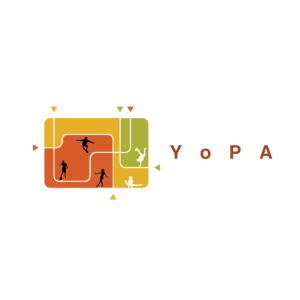 \
&
Contact us
\
&
Contact us
 \
&
Contact us
\
&
Contact us
Published on | 1 year ago
Programmes HorizonEU L+F Digital EuropeThe European Court of Auditors (ECA) audits the revenue and expenditure of the EU budget and delivers its opinion on the extent to which the annual accounts are reliable, and income and spending comply with the rules and regulations.
In chapter 5 the report contains the findings of ECA regarding personnel cost in research expenditure, and elaborates a.o. issues on hourly rate calculation, time reporting, double ceiling rule, subcontracting. A subchapter is dedicated to the procedures for lump sum funding in research.
In this report ECA formulates conclusions and recommendations. The last chapter contains the replies of the European Commission (from p. 369 onwards).
While Digital Europe as a quite new programme does not yet figure in this year’s report, the findings made for Horizon Europe can also be useful for Digital Europe applicants to consider when preparing their proposal and managing their projects.
We offer news and event updates, covering all domains and topics of Horizon Europe, Digital Europe & EDF (and occasionally, for ongoing projects, Horizon 2020).
Stay informed about what matters to you.
By signing up, you can opt in for e-mail notifications and get access to
a personalised dashboard that groups all news updates and event announcements in your domain(s).
Only for stakeholders located in Flanders
Digital, Industry & Space Climate, Energy, Mobility Agro-Food, Environment
The Clean Industrial Deal is described as "a bold business plan to support the competitiveness and resilience of our industry." It aims to boost production in green industries, with special focus on energy-intensive industries - vital for European material production and decarbonization goals. 6 main elements The Deal presents measures to boost e... read more
Security Digital, Industry & Space Digital Europe
In Digital Europe, knowledge of the underlying EU policies and legislations is a key element when drafting a proposal, as they play an important role in the “relevance” evaluation criterion. Also for Horizon Europe Cluster 3 (Cybersecurity) and Cluster 4 (Digital), this knowledge can be handy for applicants. To support... read more

The YoPA project, ‘a youth-centred preventive action approach towards co-created implementation of socially and physically activating environmental interventions’ obtained funding from Horizon Europe’s Health Cluster. The project addresses the multifaceted challenges of physical inactivity and health inequalities through a unique participatory approach. The project places teenagers between 12 and 18 years old in vulnerable situations at the forefront of the intervention process. The Institute of Tropical Medicine is a partner in the project and will conduct a Realist Evaluation to understand how youth co-creation contributes to improved adolescent health and well-being in four cities in Denmark, Netherlands, Nigeria and South Africa. By integrating its results and sharing its approach in an open access Toolbox, ITM aims to contribute to fostering sustainable, youth-led solutions for healthier urban environments.